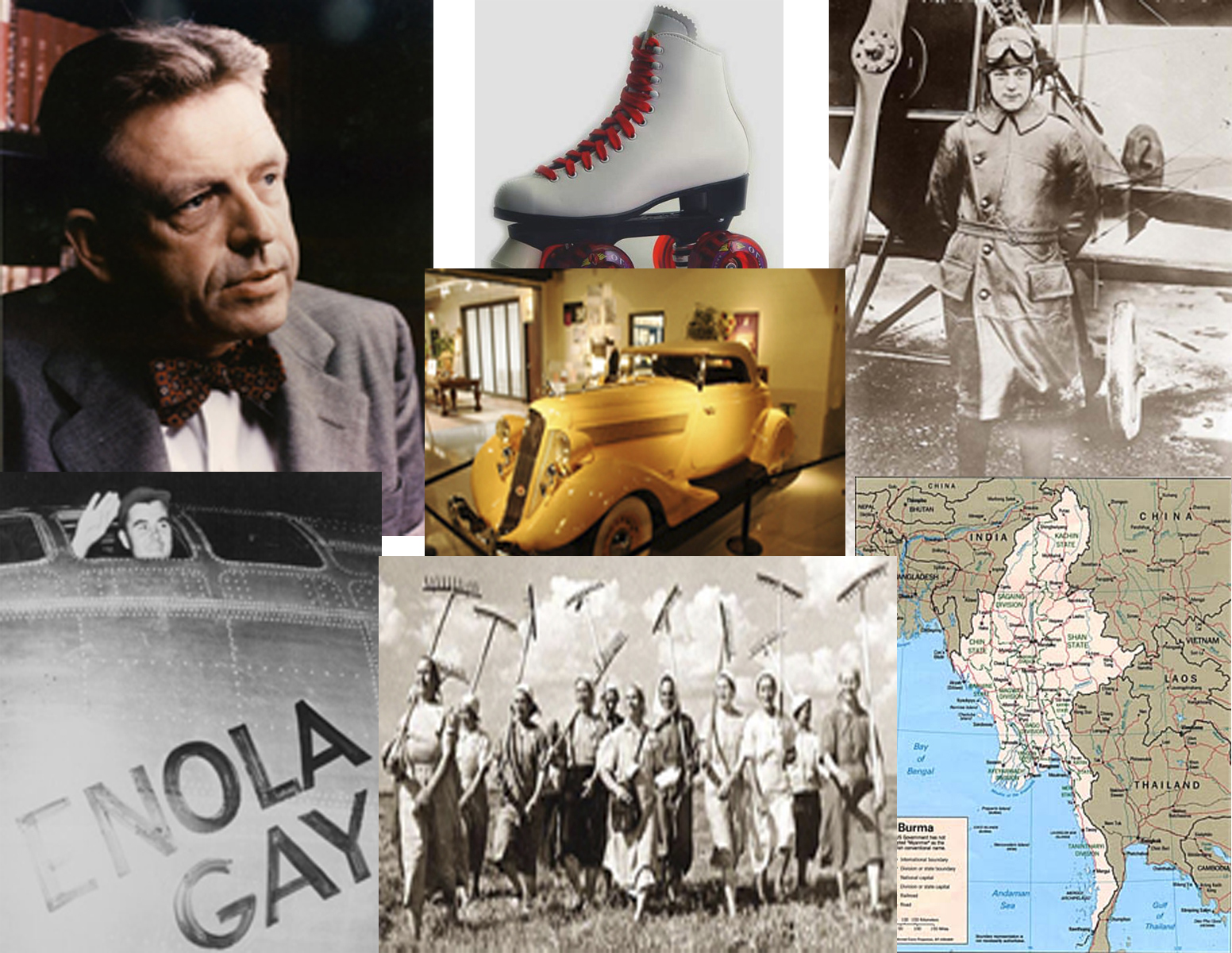Parks, Carol, June 11, 2014
- Component Identifier:
- 14-005
- Interviewer:
- Colom, Gloria
- Scope Note:
-
Carol Parks is the spouse of Roger Parks and friend of the Ostroms'. Roger Parks is a former student of Elinor Ostrom's, which is how they initially met. Carol Parks built a stronger relationship with Elinor Ostrom while cataloging the artwork in the Ostrom house. During this cataloging project Elinor Ostrom and Parks consulted many different people and agencies including the Mathers Museum. This leads to a discussion about the construction of the Ostrom house, which was built like a Native American longhouse. She further discusses the Ostroms' collection of Native American work while they were at their Manitoulin Island house in Ontario, Canada. Roger and Carol Parks had the opportunity to go to this house on the island which is discussed. Parks then discusses the impact of Elinor Ostrom's Nobel Prize in Economics and the changes in the Ostrom Workshop over the years. The interview concludes with personal antecedents about the Ostroms.
- Language:
- English .
- Physical description:
- 14 pages; 1 .wav file, 126 minutes; index
Access and use
- Restrictions:
-
Open
- Terms of access:
-
The archive of the Center for Documentary Research and Practice at Indiana University is open to the use of researchers. Copies of transcript pages are available only when such copies are permitted by the deed of gift. Scholars must honor any restrictions the interviewee placed on the use of the interview. Since some of our earlier (pre-computer) transcripts do not exist in final form, any editing marks in a transcript (deletions, additions, corrections) are to be quoted as marked. Audio files may not be copied for patrons unless the deed of gift permits it, and a transcript is unavailable for that interview. The same rules of use that apply to a transcript apply to the audio interview. Interviews may not be reproduced in full for any public use, but excerpted quotes may be used as long as researchers fully cite the data in their research, including accession number, interview date, interviewee's and interviewer's name, and page(s).
- Parent restrictions:
- Access varies by interview.
- Parent terms of access:
- The archive of the Center for Documentary Research and Practice at Indiana University is open to the use of researchers. Copies of transcript pages are available only when such copies are permitted by the deed of gift. Scholars must honor any restrictions the interviewee placed on the use of the interview. Since some of our earlier (pre-computer) transcripts do not exist in final form, any editing marks in a transcript (deletions, additions, corrections) are to be quoted as marked. Audio files may not be copied for patrons unless the deed of gift permits it, and a transcript is unavailable for that interview. The same rules of use that apply to a transcript apply to the audio interview. Interviews may not be reproduced in full for any public use, but excerpted quotes may be used as long as researchers fully cite the data in their research, including accession number, interview date, interviewee's and interviewer's name, and page(s).
- Preferred Citation:
-
[interviewee first name last name] interview, by [interviewer first name last name], [interview date(s)], [call number], [project name], Center for Documentary Research and Practice, Indiana University, Bloomington, [page number(s) or tape number and side if no transcript; if digital audio and no transcript, cite time when quote occurs].
- Location of this collection:
-
Franklin Hall 0030B601 East Kirkwood AvenueBloomington, Indiana 47405, United StatesVisit Center for Documentary Research and Practice
- Contact:
- 812-855-2856
